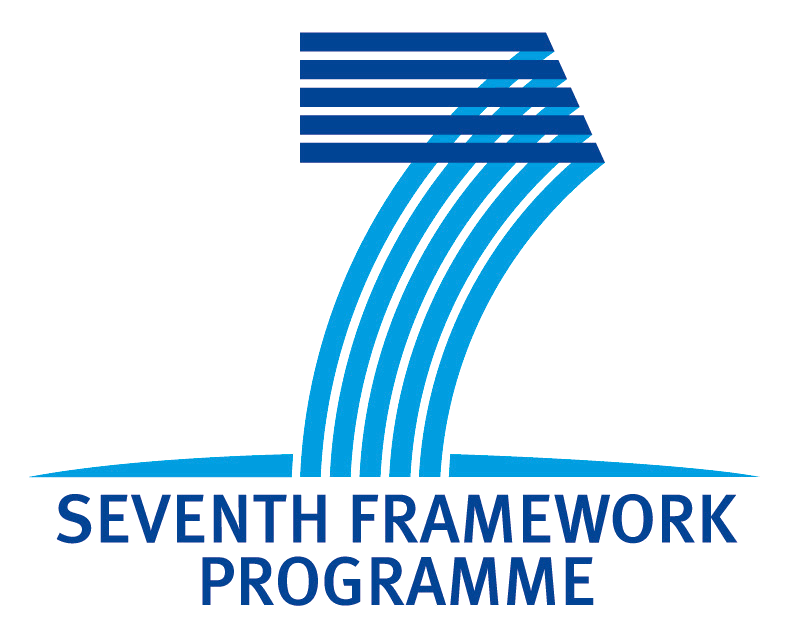Events
Do-Form: Enabling Domain Experts to use Formalised Reasoning
http://cs.bham.ac.uk/research/projects/formare/events/aisb2013
CALL FOR CONTRIBUTIONS
Symposium at the annual convention of the AISB (Society for the Study of Artificial Intelligence and Simulation of Behaviour; http://www.aisb.org.uk) University of Exeter, UK
2-5 April 2013
http://emps.exeter.ac.uk/computer-science/research/aisb/
SPECIAL SESSIONS with
- Utku Ünver (market design and matching problems)
- Peter Cramton (auctions)
- Neels Vosloo (finance markets regulation)
SUBMISSION DEADLINE (extended)
The Northern European Association for Language Technology (NEALT) invites submissions to its bi-annual conference on human language and speech technologies. NoDaLiDa 2013 will be held between May 22 - May 24, 2013, on the campus of the University of Oslo (Norway).
UZH released the initial version of Deliverable D11.2 http://www.molto-project.eu/biblio/deliverable/multilingual-semantic-wiki.
Comments and praise within 2 weeks.
In preparation for the final project meeting, to handle the stress of finishing up the things we have been working on, tomorrow, Friday 22 February 2013, Helsinki will host the first in a series of online seminars to present and friendly discuss the MOLTO tools for translators.
The event has its page at:
https://plus.google.com/b/117923784839532696769/events/cg93huok7uqblm8e8...
Please email to Olga if you are not getting the invitation via the event page.
We hope many of you can attend virtually.
*** ACL 2013 workshop on Language Technology for Cultural Heritage, Social Sciences, and Humanities (LaTeCH 2013) ***
Organized by SIGHUM
August 8, 2013 Sofia, Bulgaria
http://sighum.science.ru.nl/latech2013/
*** Call for Papers ***
The LaTeCH workshop series is a forum for researchers who develop technology for improved information access to data from the Humanities, Social Sciences, and Cultural Heritage. Applications in these domains are rapidly emerging, while they typically entail new challenges with respect to NLP resources and workflows.


